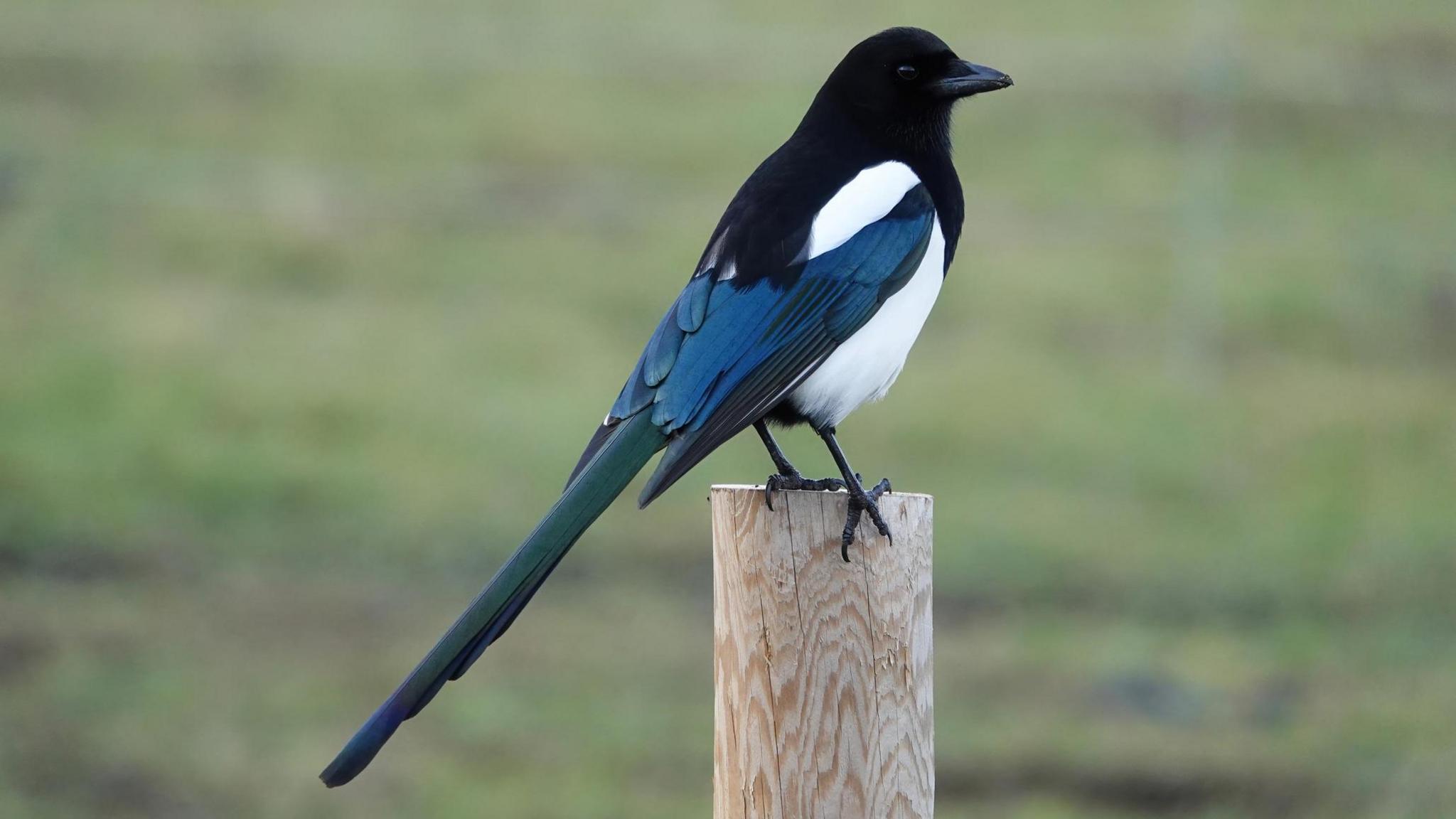Wildlife crimes action taken against Highland estate

General licences allow landowners to control bird species such as magpies to protect crops or livestock
At a glance
A Highland estate has had its use of general licences restricted until June 2025
Public body NatureScot says the action was taken against Moy Estate due to police evidence of wildlife crime
It says this evidence includes a poisoned red kite found on the estate in 2020
Moy Estate says it is extremely disappointed by the decision and its management takes its responsibilities very seriously
- Published
Scotland's nature agency has restricted the use of general licences on a Highland estate for three years.
NatureScot said the decision against Moy Estate, near Inverness, was made on the basis of evidence provided by Police Scotland of wildlife crime against birds.
It said this evidence included a poisoned red kite found on the estate in 2020, and incidents in relation to trapping offences.
General licences allow landowners and land managers to carry out control of common species of wild birds, such as crows and magpies, to protect crops or livestock, without the need to apply for an individual licence.
Moy Estate said it was extremely disappointed by the decision and would be considering an appeal.
'Robust evidence'
A spokesman for the estate said its management took its responsibilities in relation to wildlife very seriously and did not condone any activity that was either unlawful or below best practice.
Donald Fraser, NatureScot’s head of wildlife management, said: "We consider the information from Police Scotland provides robust evidence that wild birds have been killed or taken or there has been intention to do so illegally on this land.
“Because of this, and the risk of more wildlife crimes taking place, we have suspended the use of general licences on this property for three years until June 2025."
Mr Fraser said the estate could still apply for individual licences, but these would be closely monitored.